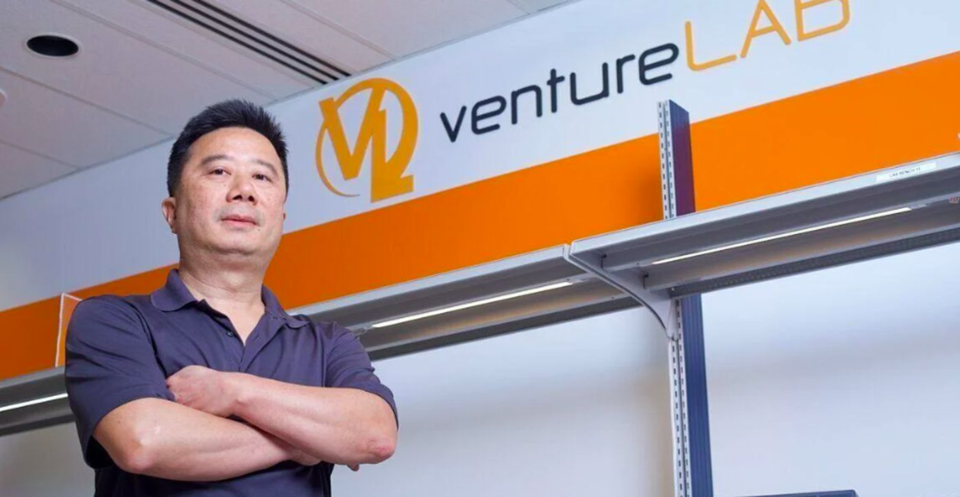Markham-based Visiontif is developing an artificial intelligence vision assistant for people who are blind and visually impaired so they can have a better quality of life.
Chun Yu, founder and CEO of Visiontif, said the company’s mission is to help people living with visual impairments independently navigate the world by creating a wearable device that uses AI and machine learning technologies to describe objects, signs, and other elements around the user.
Yu was originally inspired by his blind uncle. “Despite his intelligence and kindness, my uncle faced life challenges due to limited educational and job opportunities resulting from his blindness.”
Observing the struggles of people living with a visual impairment up close makes Yu empathize. For example, he explains, going inside a building, finding the door and knowing whether it’s push or pull to open can be challenging.
“People with normal vision often have difficulty understanding those challenges, but in fact, something as simple as finding the right washroom door is impossible for someone with a severe visual impairment,” Yu said, adding there is no solution on the market to solve it.
About two years ago, an incident that happened during the pandemic made him determined to take action.
“I encountered a blind individual attempting to return home. Unfortunately, his iPhone had run out of battery, and his lack of a face mask caused people to shy away in fear when he sought assistance,” Yu said.
Feeling the person's struggle, Yu provided him with a new face mask and guided him back home, realizing that his residence was merely two blocks away.
This experience stirred within Yu a profound sense of injustice in the world. “It literally fuelled my desire to contribute to positive change and strive towards creating a more equitable and compassionate society.”
The most common way for people with visual impairments to navigate outside is through the use of guide canes and raised tactile indicators at intersections. Yu said these devices are more than 100 years old, and there hasn’t been much progress made with alternative solutions, while the Visiontif wearable device is a screen reader for the real world.
According to Yu, it uses a combination of optical character recognition and computer vision to tell the user what is around them, and what is on a sign, such as a bathroom door gender indicator.
In August 2022, Visiontif was accepted into the fourth cohort of the ventureLab Hardware Catalyst Initiative, which is Canada’s only lab and incubator for founders building hardware and semiconductor-focused products, enabling the creation of transformative technologies that will power the products of tomorrow.
“I’m an engineer by trade, so being in ventureLab has opened my mind to how to run a business,” Yu said, affirming that the program is invaluable and it also helps him file patents for intellectual property.
Yu believes that the existing AI glasses on the market are either too expensive or are not tailored to the specific needs of people with visually impairments. The primary user for a Visiontif device is someone born with vision or partial vision who loses that over time.
Visiontif is currently testing a beta version of the wearable device, and is set to finalize the product, called MVP 1.1, next February.
To learn more about how it works, visit visiontif.com.
Scarlett Liu is a federally funded Local Journalism Initiative reporter at Markham Economist & Sun



